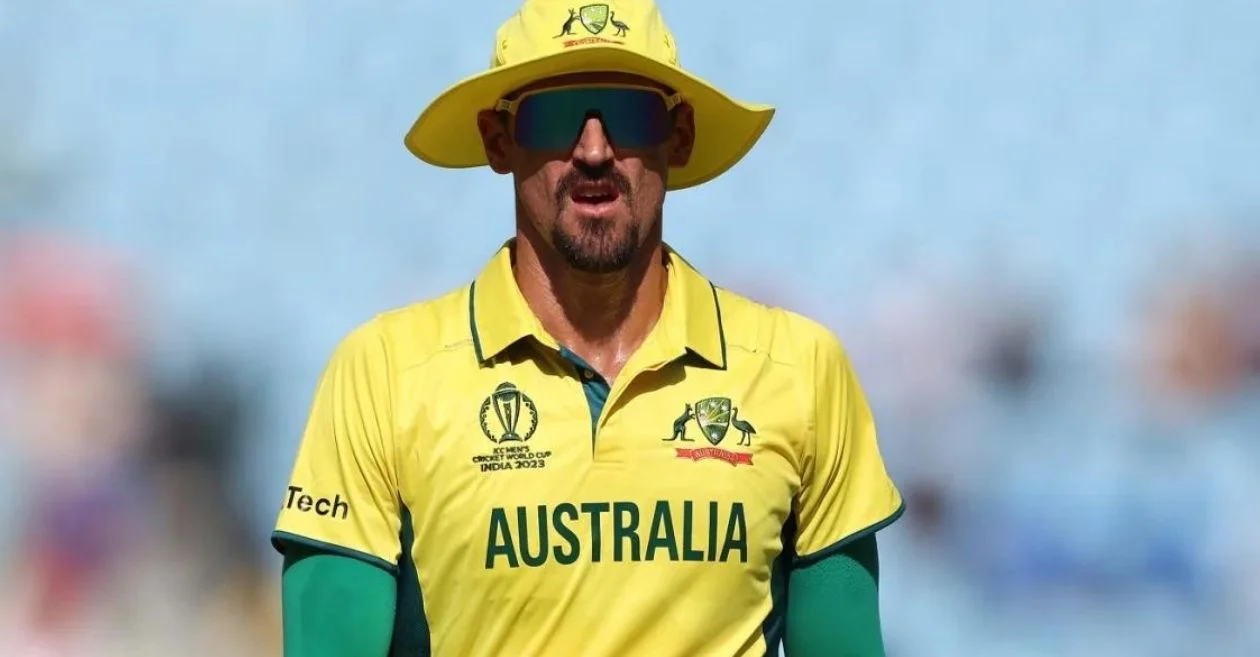Australian fast bowler Mitchell Starc continues to be a force to be reckoned with in the ICC Men’s ODI World Cup 2023. He is currently playing Match 10 of the global event against South Africa in Lucknow. Starc’s remarkable achievements and insights into his success have cricket fans and experts intrigued.
In the ongoing World Cup, the left-armer recently etched his name in the record books by becoming the fastest bowler to reach 50 wickets in the history of the tournament. He achieved this milestone in just 19 innings, shattering the previous record held by Sri Lanka’s Lasith Malinga.
Starc reveals the secret to success
In a pre-match interview ahead of Australia’s game against South Africa, Starc revealed the key to his success in global tournaments. The left-arm fast bowler emphasized the importance of executing his plans and adapting to varying conditions.
“I’m just trying to execute my plans. Maybe it’s about adapting to different conditions here in India. My role has been the same in the side for a number of years. We have got Marcus and Andy in the setup for a couple of years. The surface has been relaid. So both teams don’t know much about it. But it will be about the team that starts the best and adapts the best to come out on top,” said Starc in a chat with the official broadcaster.
Also WATCH: Irfan Pathan dances to the tunes of ‘Hum Aaye Hain’ with Ganapath actors Kriti Sanon and Tiger Shroff
Managing recovery key to consistency
Starc’s success can be attributed to his exceptional accuracy and the ability to produce late swing at extreme pace, which has proven to be a nightmare for batsmen worldwide. His control over the ball has made him one of the most feared bowlers in the cricketing world. When asked about the challenge of maintaining consistency in mega events like the World Cup, Starc emphasized the importance of managing recovery and training in limited time frames.
“It has been a mixture of recovering between games and preparing for the next games. Sometimes, there has been some time to recover between games in bilaterals and sometimes, we have less time in between games in the World Cups. So, it’s just about the mixture of it,” added Starc.
